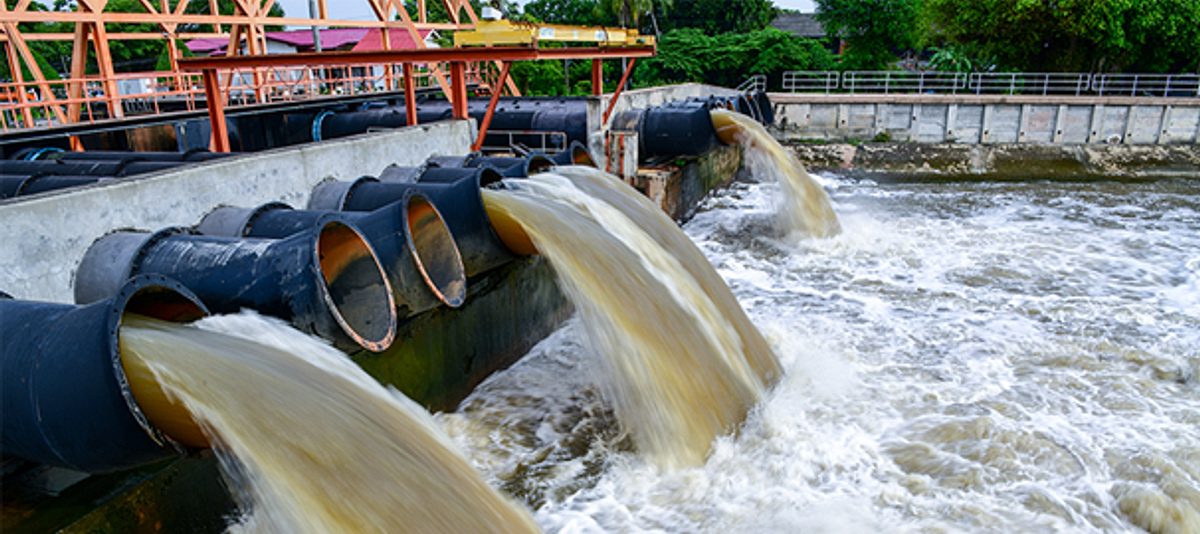Water allocations and carryover
A water allocation is the amount of water that a water allocation holder may take in a given year.
We announce projected minimum opening allocations on 15 April each year and provide an update on 15 May.
Official opening allocations are announced on 15 June.
Each new water year starts on 1 July. From this point, we provide updates fortnightly until allocations reach 100 per cent, should they do so. The water year ends on 30 June (i.e. aligns with the financial year). It is important to note, however, that quarterly water accounting apply for the River Murray Prescribed Watercourse.
Water allocations are an important way to share, conserve and manage the restricted volume of water available to South Australia.

Information for River Murray water licence holders about current allocations, plus announcements about upcoming allocations.

The SA River Murray Water Calculator can help you plan for the season and get a picture of how water across South Australia is shared.

Detailed information about past announcements since 2009 and summaries of allocations dating back to 2002.

In dry years, find out how you may be able to carry over your unused allocation into the following year.

How River Murray water is allocated
River Murray water is shared within South Australia, and between New South Wales, Victoria and South Australia.

Water licences and permits forms
Apply for a water licence or permit here.
For more information
- Visit the Landscape SA Murraylands and Riverland website
- Fact sheet: Important information for River Murray water users and account holders
- Call the Berri water licensing team on (08) 8372 7561, option 3
- Drop in to 28 Vaughan Terrace, Berri 5343
- Email DEW.WaterLicensingBerri@sa.gov.au


